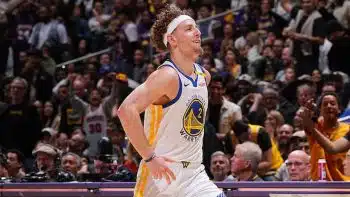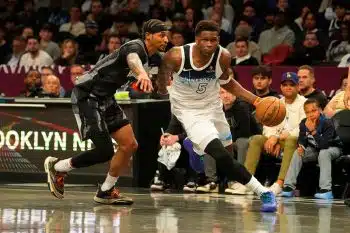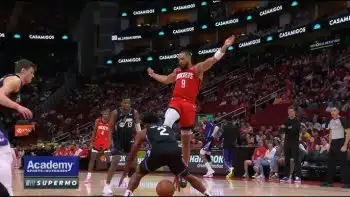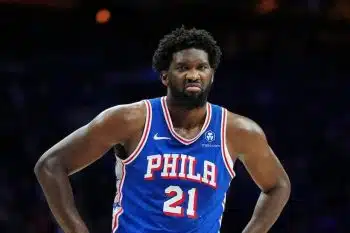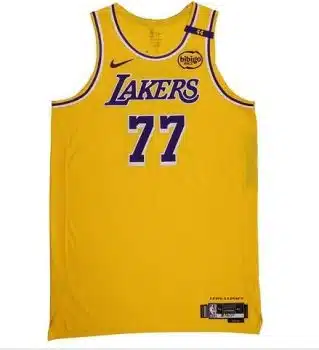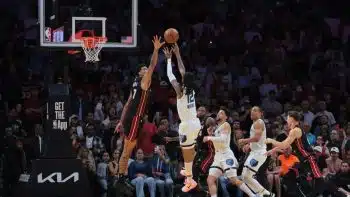NBA
2019 Season Could Be Brad Stevens’ Toughest

As strange as this may seem, Brad Stevens has only been a head coach for just over a decade. From 2007 up until 2013, Stevens was the head coach at Butler University, where he was twice named Horizon League coach of the year (2009, 2010) and led the team to three Horizon League championships (2008, 2010, 2011) with a roster heavily devoid of elite talent – current NBA players Gordon Hayward and Shelvin Mack aside.
But Stevens’ greatest feat, at the collegiate level, was leading the Bulldogs to consecutive national championship games. While Butler ultimately came up short in both title of those contests, the success at the mid-major school put Stevens on the NBA radar and eventually led to the Boston Celtics signing him to a six-year $22 million deal to lead their rebuilding efforts.
In five years Stevens has compiled a 221-189 (.539) record, reaching the playoffs the past four campaigns and posting consecutive 50-plus win regular seasons. Entering the 2018-19 season, as it stands today before the NBA Draft and the opening of free agency, Boston will undoubtedly be a favorite to contend for Eastern Conference supremacy.
Boston will be absolutely loaded with talent next season.
All-Stars Kyrie Irving and Gordon Hayward will return from season ending injuries. Youngsters such as Jason Tatum, Jaylen Brown and Terry Rozier will add more experience to their growing skill sets and seasoned veterans such as Al Horford and Marcus Morris are under contract for another year.
Despite the wealth of All-Star talent, emerging youth movement and tough minded role players, the upcoming season may be Stevens’ most difficult to navigate as a head coach.
Yes, difficult.
Stevens has made a career of leading undermanned units into battle to slay Goliath. This is Stevens’ career calling card – the art out of getting more out of less. For instance, Steven’s 2010 Butler squad lost to Duke in the NCAA championship game 61-59 and, outside of the aforementioned Hayward and Mack, names such as Matt Howard, Willie Veasley and Ronald Nored will ring recognition into the most hardcore of hoops junkies. Butler reached the title game the following year with Howard and Mack leading the charge, but maximized guys such as Andrew Smith and Shawn Vanzant.
In Boston, prior to the collection of the team’s current talent riches, Stevens was carving out 48-win campaigns with the trio of Isaiah Thomas, Avery Bradley and Jae Crowder (now all playing in other zip codes).
So how will Stevens transition from the role of the perennial underdog into the heightened expectations of the favorite every time his squad steps foot into an arena?
From an X’s and O’s standpoint, some would argue that 11-time NBA champion head coach Phil Jackson would struggle scheming on the level of Stevens. But Jackson was a noted leader of men, all-time great players with their accompanying egos. Jackson is credited with assisting Hall of Fame guard Michael Jordan from playoff flameout to NBA champion. Jackson also led the Chicago Bulls’ late 1990s three-peat with Jordan at the height of his powers alongside fellow Hall of Famers Scottie Pippen and Dennis Rodman. Jackson also led the Shaquille O’Neal and Kobe Bryant Los Angeles Lakers.
Leading great teams, as a coach, is much more than drawing up strategies. It involves managing egos. For as great of a job Golden State head coach Steve Kerr has done leading the Warriors’ free flowing offensive system, his best accomplishment might just be keeping his superstar talent engaged and unselfish enough to hoist multiple Larry O’Brien trophies.
The same applies with legendary coach and front office executive Pat Riley, who managed a bevy of Hall of Fame talent with “Showtime” Lakers in the 1980s with a team that included Kareem Abdul-Jabbar, Magic Johnson and James Worthy.
Stevens has been in his wheelhouse in the underdog role, squeezing the most out of the most talent bare situations. Stevens’ teams consistently buy-in on defense and his strategic principles.
But the big question is how his current team will handle the sudden success. What happens when guys, inevitably, start reading their own press clippings? How will Stevens handle the most talent he’s ever had at his disposal at any point of his coaching career?
It might be easy to dismiss this, but NBA coaching legends make their bones managing elite talent and all of the outside noise that comes with high profile personalities.
The Celtics have a couple of rotation situations to watch heading into next season. Boston signed Hayward, an All-Star, to a max deal last summer. The forward broke his leg on opening night and the combination of Brown and Tatum filled in admirably in his absence. Obviously, the Celtics didn’t pursue Hayward to ride the pine, but the team also has to find time for Tatum – an All-Star talent – to continue his growth projection.
By all accounts Tatum is a team-first type of guy, but the old adage around the league states that veteran players want to win while younger guys want minutes. Watching how Stevens manages the minutes of his trio of talented wingmen is definitely a plot to watch heading into next season.
Boston also has a situation a point guard to address. Irving, an All-Star, is heading into a contract year after suffering a season ending injury. The talented guard has a lot on the line when it comes to his future. But the Celtics also have the luxury of guard Terry Rozier who averaged 16.5 points, 5.3 rebounds and 5.7 assists during the playoffs starting for the injured Irving.
On paper, Stevens finally gets the embarrassment of riches he’s been denied since becoming a sideline general. However, many a coach over the years haven’t been able to cultivate extremely talented units. Some coaches are dig deeper into their bag with blue collar / hard hat units (i.e. Larry Brown). Stevens has the chance to establish he can handle any type of roster thrown his way. Let’s see how it all plays out.
